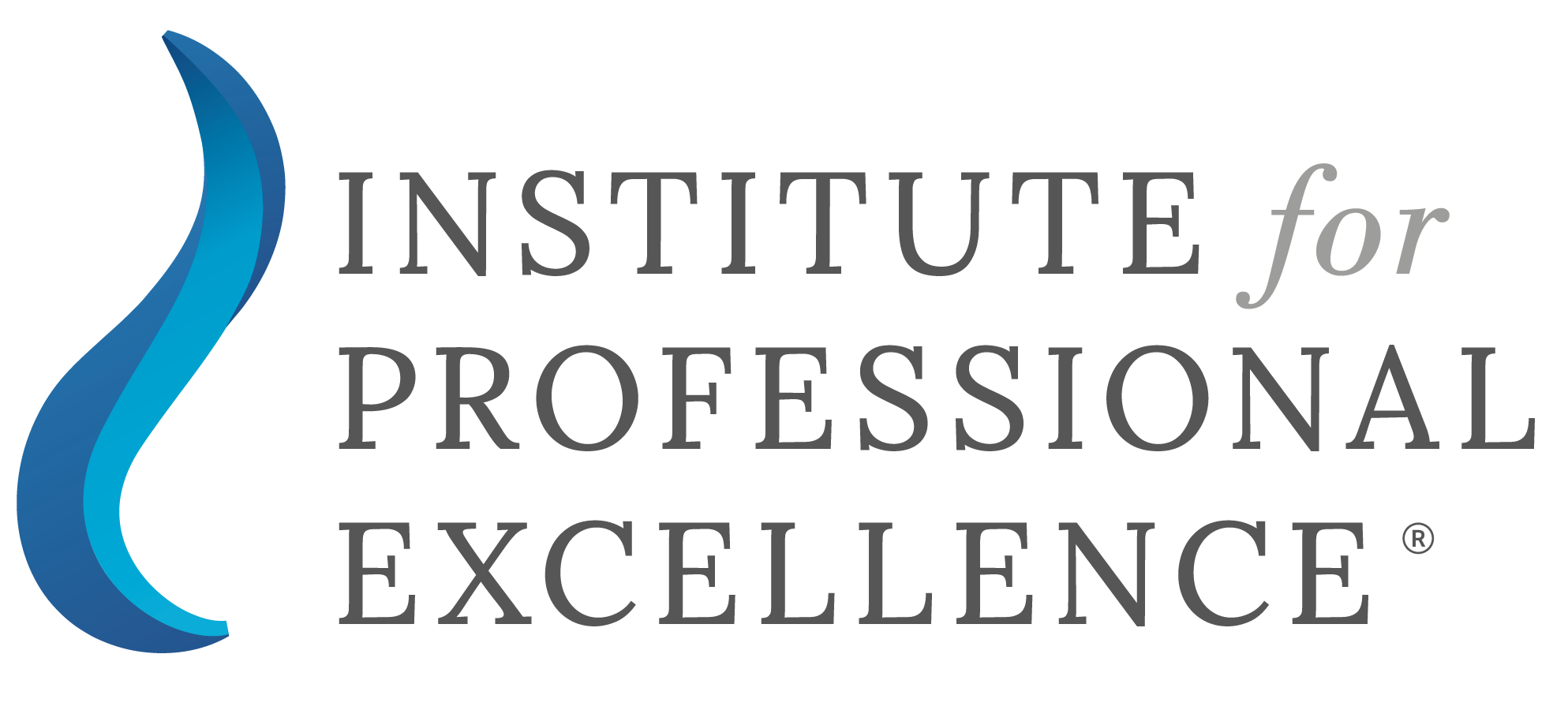How to get started with online teaching in 2023
Nowadays online teaching is becoming an increasingly popular phenomenon. With today’s level of globalization and technological infrastructure, almost anyone can share information through a variety of online channels and become a self-proclaimed “teacher”. Think social media, blogs, articles, and email to name a few online channels where people claim to teach you something.
However, the question begs to be asked – what information can you trust?
Since it is easier than ever before to spread information, we need to be conscious about what we read, where we get our information from, and who we trust. At times what we are told to believe just doesn’t feel right, and as the spread of information continues to become increasingly available with fewer limitations, it makes information harder to trust and verify.
To counteract this growing concern, we need to look for established professionals who possess knowledge and expertise in a particular domain and who can help us learn new skills and develop professionally and personally.
In this blog post our instructor, Elias Sapachlaris, aims to shed light on how to get started with online teaching in 2023. In particular, Elias talks about – who can teach professionals, what are good online teaching practices, and how we can help you kickstart your online teaching journey at IforPE.
Who can teach professionals?
Before we can answer the question above, let us define what a professional is.
A professional is an individual earning payment in exchange for their application of knowledge and skills in a particular domain. Hence, anyone is considered a professional that works for their income.
With that said, the consensus is that throughout a professional’s career, a professional gains experience, knowledge, and a refined skillset. Along their journey, a professional’s refined skillset is invaluable to the new influx of professionals following the same or similar career path.
So, who can teach professionals?
Professionals with an intentionally refined skillset who simultaneously share a passion to educate are the experts from whom we should follow for guidance if what we want to achieve and learn relates to their expertise and success.
What are good online teaching practices?
Since 2020, teaching has changed and so have the needs and wants of a learner. Online learning is now mainstream for students, professionals, and instructors alike. However, teaching and learning online have their own unique set of challenges.
From the instructor’s perspective, teaching online can be a frustrating experience mainly due to the lack of the physical element that has served teaching and learning well since the dawn of time. Physical presence plays a key role in helping build the foundation and rapport of the teacher-student dynamic that is essential for creating successful learning experiences. Therefore, the lack of physical connection that a traditional classroom environment creates can be a challenge for an instructor as their energy may dilute through a screen.
To help combat the challenges of online teaching, there are good practices an instructor can follow:
1) Make cameras and microphones a requirement
Many live-online classes claim to suffer from engagement. By making cameras and microphones a requirement, classroom engagement rates can increase which improves the online learning experience. Nowadays, everyone has a smartphone with a working camera and microphone thus, there are no excuses.
2) Student-led learning
To further help improve the overall learning experience and improve engagement, a good practice an instructor can implement is having student-led learning sessions. This is where each student takes the rest of the class through a section of the course, presentation, test question(s) and more. By doing so, the learner helps solidify their understanding of a concept and also helps build relationships with the rest of the class.
3) Introductory calls and/or personalized email
When a new learner signs up for an online course, including an introductory call and/or sending personalized emails can go a long way. This will help an instructor familiarise themselves with the student and vice versa, which helps build genuine and trustworthy relationships and overall contributes to a positive learning experience.
4) Availability and responsiveness
Setting expectations at the beginning of a course will help clarify how an instructor intends to provide support and avoid uncertainty for both sides. Students will want to know how and when they can reach out for help. It is also important that when setting expectations, they are adhered to help build trust. Responding to student support with speed and intention is crucial in creating a successful online learning experience.
5) Differentiated learning
As an instructor, it is important to understand that not all students learn and absorb information the same way. Thus, creating a balanced variety of online learning activities ensures that differentiated learning is addressed. Rather than creating new learning material, an instructor can transform content into a different variation or present the next session using a different approach (such as a PDF presentation or video – pro tip: use PDF presentations and video simultaneously).
How to get started with IforPE
The Institute for Professional Excellence is an online education platform missioned to help professionals learn new skills and achieve their career goals. Our motto is Professionals for Professionals which refers to our courses being delivered by professionals who are experts in their fields for fellow professionals who want more from their careers.
To help fulfil our mission and reach more professionals, we continuously recruit expert professionals who share our passion to educate. For us culture is key, and when recruiting expert professionals to teach through the Institute we look for alignment in the following order:
1) Personal brand value generation - firstly and most importantly, the main goal of our relationship with our Instructor team is to help establish their personal brands as thought-leaders and experts in their respective fields.
2) Business/career growth - secondly, and by doing the above, it will inevitably create new career and business opportunities.
3) Passive income - thirdly, the creation of online courses means an additional source of income.
Once the IforPE Recruitment team and expert professional agrees to the above, we welcome you to our Instructor team and begin the development of your first online course.
To learn more about becoming an Instructor and teaching through the Institute, click here.
As a newly recruited IforPE Instructor, our team will share with you a variety of resources to help guide you along your journey of creating meaningful courses online. Our resources range from guiding you on how to structure your course to writing effective blog posts that promote your course and help build your personal brand.
Are you ready to make a difference? Get started with online teaching today.
If you have any questions about becoming an instructor and teaching through the Institute, please contact us; we would love to help.
Ancora Imparo
navigate
The Institute for Professional Excellence is protected under a registered European trade mark. The figurative trade mark registration number is 018854840. This trade mark is protected under the European Union's legislation.

